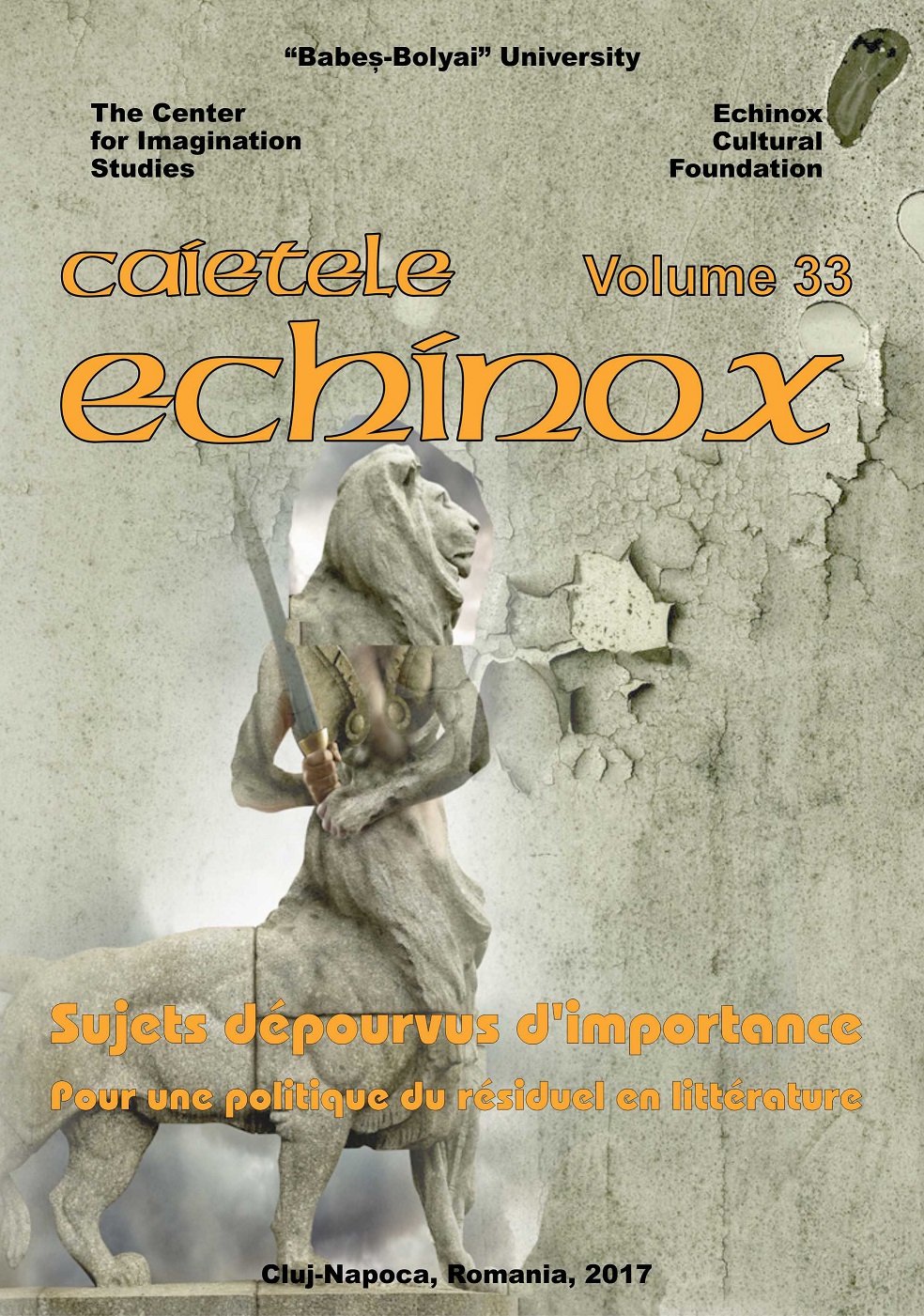Residual Nationalism. The Nineteenth-Century Hungarian Folk Drama as a Reinterpretation of European Theatrical Nationalism
Residual Nationalism. The Nineteenth-Century Hungarian Folk Drama as a Reinterpretation of European Theatrical Nationalism
Author(s): Márta ZabánSubject(s): Theatre, Dance, Performing Arts, History of ideas
Published by: Universitatea Babeş-Bolyai
Keywords: Hungarian Literature; Folk Dra- ma; Operetta; Nationalism; 19 th Century; Cluj.
Summary/Abstract: In mid 19th century, along the theatrical model created by Vaudeville and Posse, the genre of the so-called nepszinmnu (folk drama) emerged in Hungarian literature. From its very beginning, the genre divided the Hungarian public, and despite the fact that these plays entered even into the core repertoire of the representative theaters, they were subject to ceaseless scrutiny and attack from a large group of the literary and cultural elite. Among other things, these dramas provided an alternative national representation to the elite image of the nation. My paper will foreground this successful, but highly debated and ”residualized” local genre as a double ideological response of both to the local forms of theatrical nationalisms and to the misreading, reinterpretation and nationalization of Western European genres.
Journal: Caietele Echinox
- Issue Year: 2017
- Issue No: 33
- Page Range: 340-351
- Page Count: 12
- Language: English
- Content File-PDF

